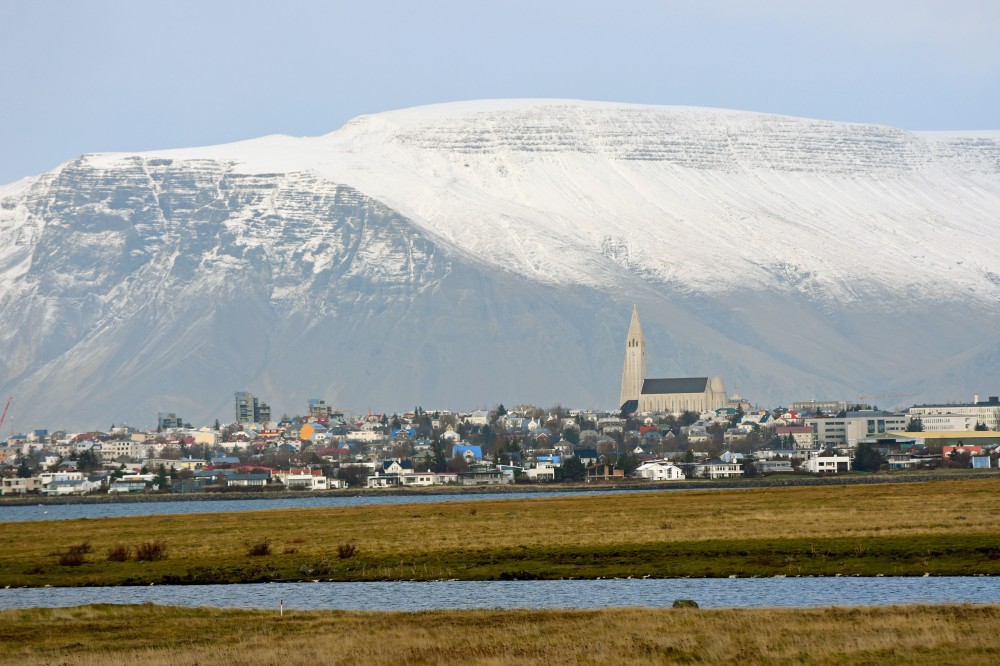Climate crisis tops agenda as parliamentarians meet ahead of Arctic Council ministerial
“Climate change hits the Arctic region first and hard.”

They were supposed to meet in Tromsø, northern Norway, but for pandemic reasons, the Conference of Parliamentarians of the Arctic Region takes place virtually on April 14 and 15.
The hosting body, though, is still the Norwegian Storting, with participants from Russia, Canada, the United States, the five Nordic countries, the European Parliament and Indigenous peoples. Also, a number of observers will join.
The politicians have a clear message for the Arctic Council ministerial meeting taking place in Reykjavik on May 19 and 20.
“Time is running out to implement the Paris Agreement’s emission targets to reduce global warming. The Arctic countries must take the lead in the run-up to COP26,” said Eirik Sivertsen, Chair of the Storting’s Delegation for Arctic Parliamentary Cooperation.
The 26th UN Climate Change Conference of the Parties (COP26) takes place in Glasgow, Scotland, in November this year.
Sivertsen said he is expecting fresh initiatives to cut emissions when the foreign ministers meet in Reykjavik next month.
“Climate change hits the Arctic region first and hard,” he said.
Last week, the National Oceanic and Atmospheric Administration with the U.S. Department of Commerce reported that despite pandemic shutdowns, carbon dioxide and methane surged in 2020.
Global surface average for carbon dioxide, calculated from measurements collected at NOAA’s remote sampling locations, was 412.5 parts per million in 2020, which is 2.6 ppm more than in 2019.
The urgency is put into context by Colm Sweeney, assistant deputy director of the Global Monitoring Lab.
“If we want to mitigate the worst impacts, it’s going to take a deliberate focus on reducing fossil fuels emissions to near zero, and event then we’ll need to look for ways to further remove greenhouse gasses from the atmosphere,” Sweeney said.
At the meeting in Reykjavik, Iceland will hand over the Chair of the Arctic Council to Russia for the 2021-2023 period.